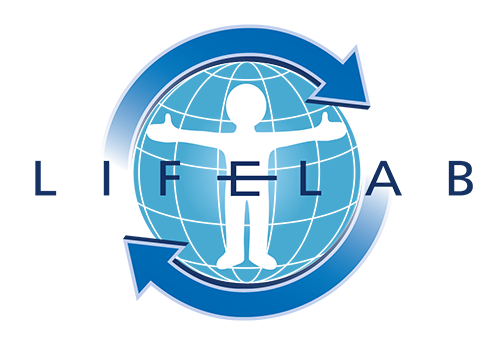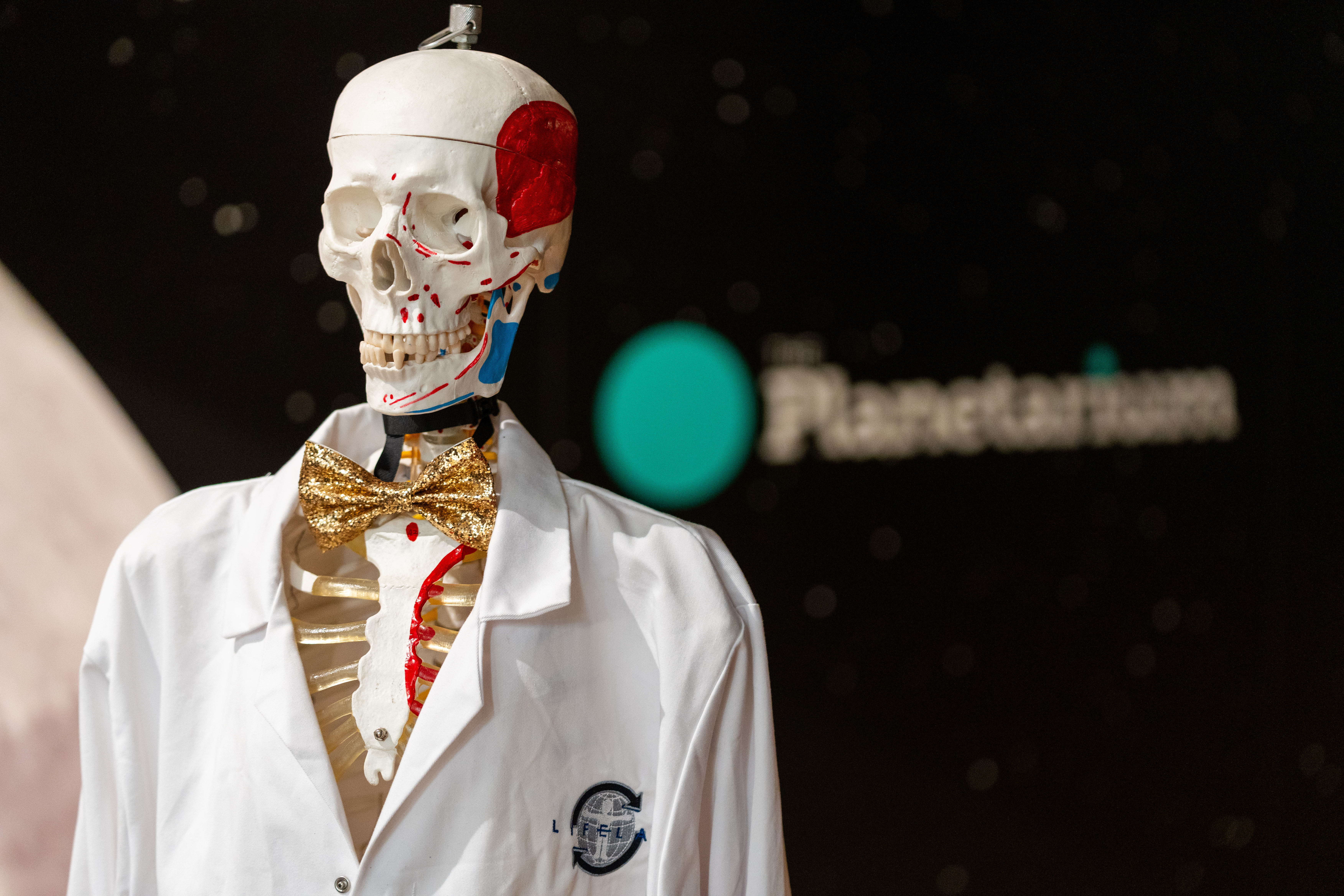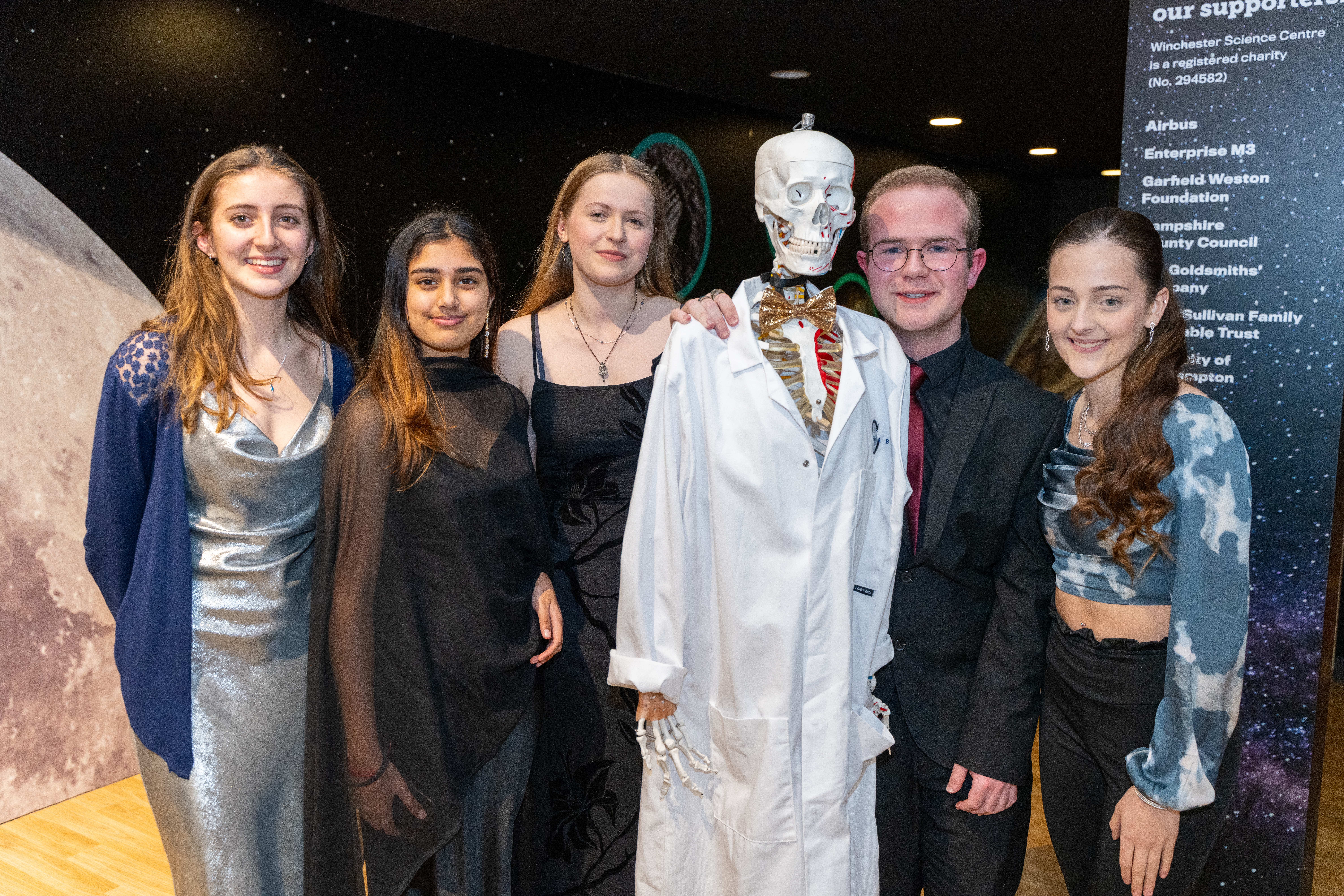

Young researchers lit up the sky at Winchester Science Centre and Planetarium for a glittering film premiere and awards ceremony to celebrate their achievements.
Hosted by local radio star Zoe Hanson, the red carpet event shone a spotlight on the work of LifeLab’s Young Researcher Training Programme and its Youth Panel.
LifeLab is a unique research-based educational programme that empowers children and young people to understand the science behind their health, and to inform the choices they make for their own lives – for their health now, in the future and for their future families.
And the young people, all aged between 14 and 17, are employed by the University of Southampton to research the issues that matter most to them.
The films premiered at the event are part of an initiative called the Young Researcher Training Programme which was initially developed through the Pathways to Health Project.
The films were devised by young people to empower others their age to define and conduct their own research projects.
In the short videos - filmed by local agency RCM - the young people took centre stage to devise, script, act in and direct these videos, to introduce and explore important issues in the field of research such as ethics, methods, and data analysis, bringing these topics to life with their own unique energy, fun and humour.
LifeLab was created by the University of Southampton in collaboration with the NIHR Biomedical Research Centre and University Hospital Southampton, where it is based, and will celebrate its 10th anniversary this summer, having welcomed more than 15,000 students through its doors.
LifeLab Programme Director, Dr Kath Woods-Townsend said: “This was a wonderful celebration of the work of the young people.
“I am constantly amazed by the extraordinary young people we work with. They are the teenagers you walk past in the supermarket, the young people you see hanging out at the bus stop, the teens meeting in the park and the students you walk past in the school or college corridors.
“They are all extraordinary and it’s up to all of us to work together, with them, to make sure their futures are as bright as possible.”
The event also saw the launch of LifeLab’s vaping resources toolkit which was co-created with the Youth Panel to help schools and youth organisations tackle the issue of vaping and its possible health impacts. LifeLab is making these resources available free of charge to organisations who feel they could benefit.
 An awards ceremony brought the evening to an end, with
categories celebrating the young people’s flair for research and communication
skills, as well as others that honoured best catchphrase and best facial expressions.
An awards ceremony brought the evening to an end, with
categories celebrating the young people’s flair for research and communication
skills, as well as others that honoured best catchphrase and best facial expressions.
The Star of the Night award was voted for by audience members, including representatives of the University of Southampton, the NHS, Southampton City Council, youth organisations, including the Centre for Education and Youth, and teachers from schools and colleges across the region. The award was won by Vishaan Vohra, a student at Barton Peveril Sixth Form College.
Young researcher Evan Bartlett said: “I think this project has been a really great opportunity that I feel very fortunate to have been part of, from the way it has allowed me to develop certain skills in a comfortable group setting, to the new friends I have made as a result.
“I believe it is really beneficial to have young people develop the resources that other young people will be working from as it will be easier to understand and the videos especially easy to relate to as they are fun and engaging.”
Lacey-Paige Gascoigne added: “It was a place for me to be heard and made me feel more independent and confident in myself, it has taught me things that will help later in life and finally it has helped me make friends that I would have never met.”
Find out more about LifeLab and how to get involved on LifeLab Online
Discover more about the Vaping Resources Toolkit and how to access it here
Find out about the Pathways to Health Project here
The Young Researcher Training Programme has been funded by LifeLab, the NIHR Research Support Service, the NIHR-funded EACH-B programme, Southampton Institute for Arts and Humanities, the UKRI-funded Pathways to Health project, the Regional Innovation Fund and the Policy Fund, both from the University of Southampton and the Widening Participation and Social Mobility Directorate, University of Southampton.
Notes to Editors
As part of its work, LifeLab employs young people through its Youth Panel to conduct research into the issues that matter most to them. The Young Researcher Training Programme was co-created with young people and consists of 12-weeks’ worth of resources to help young people understand how research is defined, conducted and delivered. The programme includes presentations, lesson plans, worksheets and independent tasks. Resources are accompanied by nine educational videos, led by young people, covering topics such as research ethics, research methods and data analysis. Within the resource pack there are also scientific profiles, which outline a multitude of STEM careers and personal stories about how specific scientists got to where they are today.